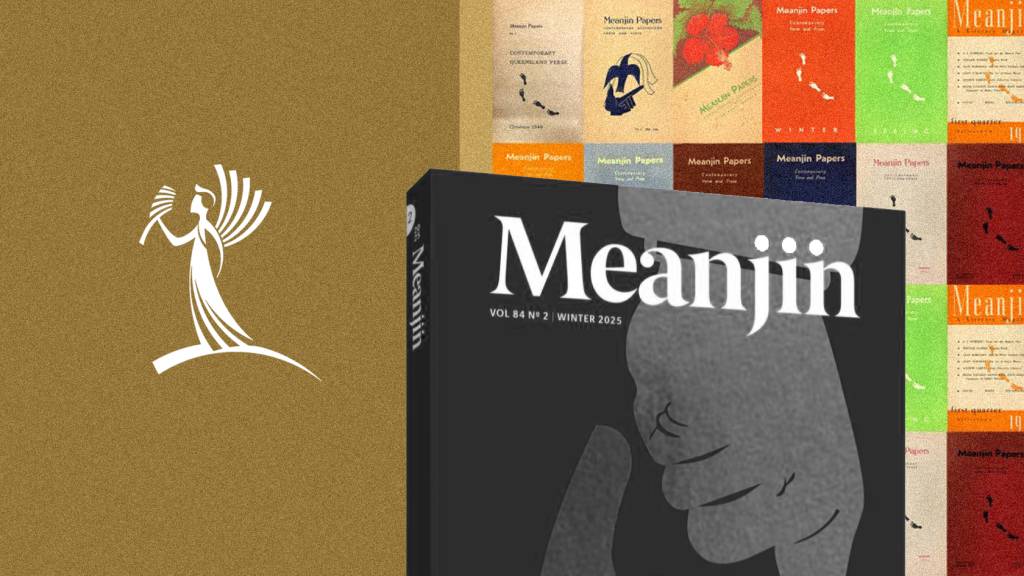
Meanjin, a cornerstone of Australia’s literary and cultural heritage, is set to close after 85 years of publication. The decision comes as Melbourne University Publishing (MUP) announced it would cease financial support for the journal, citing “purely financial grounds” as the reason for its closure.
Established in 1940 in Brisbane and later moving to Melbourne, Meanjin has been a significant part of Australia’s intellectual landscape. However, the journal’s two staff members, editor Esther Anatolitis and deputy editor Eli McLean, have been made redundant, with their final day being today. The closure is reportedly due to sustained pressure from the Melbourne University Council board, though this has not been officially confirmed.
The End of an Era for Australian Literature
The announcement of Meanjin’s closure has sent ripples through the literary community. Louise Adler, former CEO of MUP, expressed her dismay, noting the broader trend of declining support for literary magazines in Australia. She remarked, “The literary magazine landscape in Australia has slowly been reduced over the past decade or so due to a declining subscriber base and a lack of funding from government agencies.”
“Institutions like Meanjin, and it is an institution, are easy to close down. Their replacements much harder to create.” — Louise Adler
Jonathan Green, a former editor of Meanjin, lamented the loss, stating that the closure represents a significant cultural loss for Australia. “This is a magazine established during World War II as a bulwark against the Australian tendency to anti-intellectualism,” he said, highlighting the journal’s role in fostering creative expression and intellectual discourse.
Financial Realities and Cultural Implications
According to MUP chair Professor Warren Bebbington, the decision was a difficult one, driven by financial viability concerns. “The board found it no longer viable to produce the magazine ongoing,” he stated. Despite its modest financial demands, the journal’s closure underscores the challenges faced by literary publications in securing sustainable funding.
“Meanjin’s financial demand is trivial … a few hundred thousand dollars … the cultural loss of its death is as significant as it is tragic.” — Jonathan Green
Author Sophie Cunningham, also a former editor, criticized the University of Melbourne’s decision, suggesting that it reflects a broader disinterest in supporting the arts. “This reinforces my sense that universities are no longer spaces that support or nurture literature or the arts in this country,” she commented.
A Legacy of Literary Excellence
Meanjin’s influence on Australian literature is profound. Over its eight-decade history, it has published works by literary giants such as Helen Garner, Patrick White, and A.A. Phillips, who coined the term “cultural cringe” in its pages. The journal has also been a platform for Indigenous voices, featuring writers like Oodgeroo Noonuccal and Alexis Wright.
As the journal prepares for its final edition, it plans to celebrate its 85th anniversary with contributions from notable writers including Bruce Pascoe and Ellen van Neerven. This edition will serve as a tribute to Meanjin’s enduring impact on Australia’s cultural and literary discourse.
Looking Ahead: The Future of Literary Journals
The closure of Meanjin raises questions about the future of literary journals in Australia. As financial pressures mount, the need for innovative funding models and increased support from cultural institutions becomes more urgent. The loss of Meanjin is a reminder of the fragility of cultural institutions and the importance of preserving spaces for intellectual and creative expression.
As the literary community grapples with this loss, the conversation around the sustainability of literary publications is likely to continue. The legacy of Meanjin will undoubtedly inspire future generations of writers and editors to seek new ways to keep the spirit of literary exploration alive.







